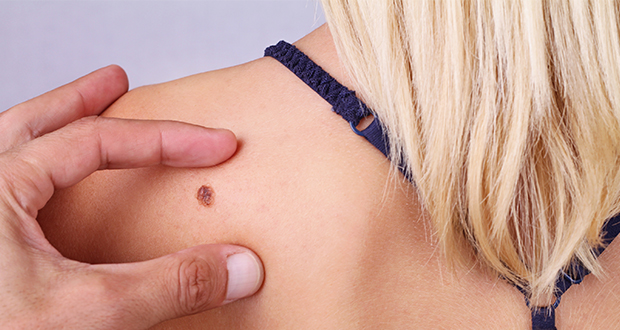prepforthat,com
Summer is upon us. Kids are soon to be out of school. Barbecue units are being dusted off, or loaded up in the back of trucks and taken home from Home Depot. Flowers have bloomed, the lawns have been cut, some kid has drunk from a water hose. So what about those sunscreen ingredients and what is the best natural sunscreen?
How was that for a fancy introduction? I felt good about it. One thing which has bothered me about summer for all my life is that summer is also the introduction of massive sunscreen and sunblock marketing. The truth is, I’ve rarely in my life worn sunscreen and I’ve spent a lot of time in the sun. I’ve likely pushed the limits of my sun exposure, no doubt, by hanging out in some of the more intense sun exposure times without cover. I was a bit of a sun rebel, I suppose you could say.
But something never made sense to me. I never could understand why the sun was such a villainous


